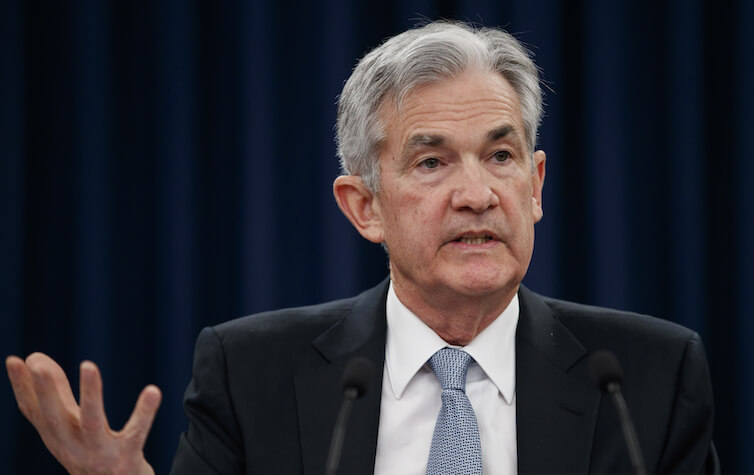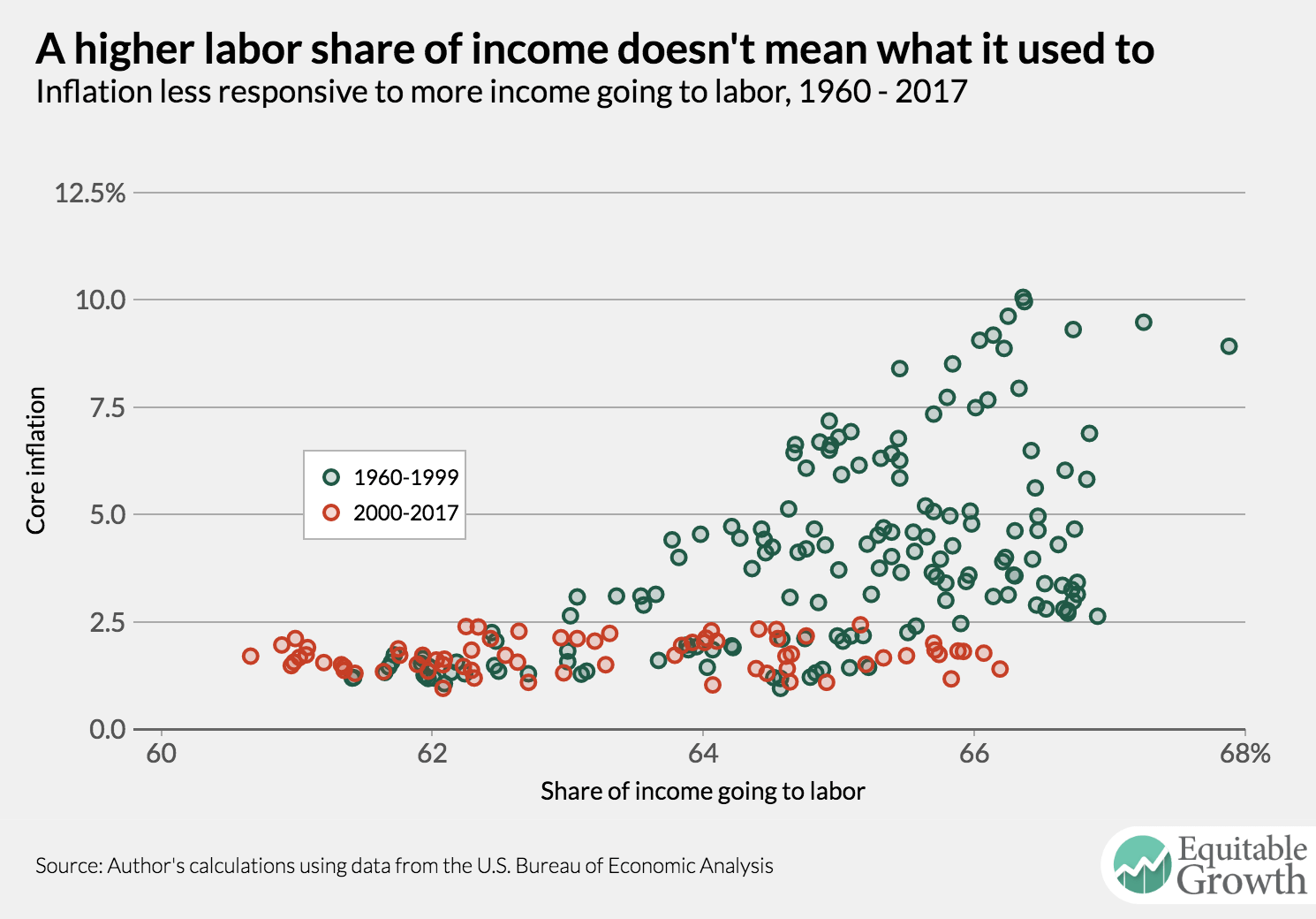…On Monday morning, I woke up to a tweet from Sam Harris, the bestselling author and popular podcast host, referencing a debate we never quite had over race and IQ…. The background to Harris’s shot at me is that last year, Harris had Charles Murray on his podcast…. Harris’s conversation with Murray was titled, tantalizingly, “Forbidden Knowledge,” and in it, Harris sought to rehabilitate the conversation over race and IQ as well as open a larger debate about what can and cannot be said in today’s America….
Subsequently, Eric Turkheimer, Kathryn Paige Harden, and Richard E. Nisbett—three academic psychologists who specialize in studying intelligence—wrote a piece for Vox arguing that Murray was peddling pseudoscience and Harris had been irresponsible in representing it as the scientific consensus…. Harris responded furiously to their article and publicly challenged me, as Vox’s editor-in-chief at the time, to come on his show and debate the issue. Over email, after failing to persuade Harris to have Turkheimer, Harden, or Nisbett on instead, I accepted…. [But] he ultimately refused to have me on his podcast on the grounds that a conversation between the two of us would be “unproductive,” pivoting to a demand that I instead publish an op-ed supporting his views….
Here is my view: Research shows measurable consequences on IQ and a host of other outcomes from the kind of violence and discrimination America inflicted for centuries against African Americans. In a vicious cycle, the consequences of that violence have pushed forward the underlying attitudes that allow discriminatory policies to flourish and justify the racially unequal world we’ve built…. You cannot discuss this topic without discussing its toxic past and the way that shapes our present. The conversation between Murray and Harris, one not unique to them, is particularly important right now because it shows how longstanding, deeply harmful tropes are being rehabilitated across the right as a brave stand against political correctness, and as a justification for cutting social programs and giving up on efforts to foster racial equality.
So let’s dive in. This isn’t “forbidden knowledge.” It’s ancient prejudice…. For two white men to spend a few hours discussing why black Americans are, as a group, less intelligent than whites isn’t a courageous stand in the context of American history; it’s a common one…. This pattern has played out across American history, and these ideas have persisted well into the modern age. William F. Buckley, the venerated founder of National Review, wrote this in a 1957 in a column titled “Why the South Must Prevail”:
The central question that emerges… is whether the White community in the South is entitled to take such measures as are necessary to prevail, politically and culturally, in areas in which it does not predominate numerically? The sobering answer is Yes—the White community is so entitled because, for the time being, it is the advanced race. It is not easy, and it is unpleasant, to adduce statistics evidencing the median cultural superiority of White over negro, but it is a fact that obtrudes, one that cannot be hidden by ever-so-busy egalitarians and anthropologists…
That was just 60 years ago. It was within my mother’s lifetime. Are we so sure our generation’s version of this argument will look so much better 60 years from now? Whatever the future holds, the idea that America’s racial inequalities are driven by genetic differences between the races and not by anything we did, or have to undo, is not “forbidden knowledge”—it is perhaps the most common and influential perspective in American history…. If you’re going to discuss this topic, that’s a history you need to reckon with….
I will state the obvious. White people enslaved black people on this land before the United States was even a country. Our founding document counted African Americans as three-fifths of a person. If I drive a few minutes into Virginia, I will ride over a highway named for US senator and Confederate leader Jefferson Davis, who said, “We recognize the fact of the inferiority stamped upon that race of men by the Creator, and from the cradle to the grave, our Government, as a civil institution, marks that inferiority.” The current president of the United States has made defending the monuments of Davis and his compatriots a signature issue. The Civil War was followed by the domestic terror of the South’s backlash to Reconstruction. Segregation was enforced by violence. Plunder, lynching, and humiliation were constant. And these are just the headline abuses. Less bloody and brutal forms of discrimination were, and are, ubiquitous.
This is not our past. It is our present…. Today, white and black children do drugs at similar rates, but black children are arrested far more often. Today, our schools are more segregated than at any point in half a century, with all the attendant damage that does to black children. Today, among children born into the top fifth of the income distribution, white children have a 41 percent chance of holding their station, while black children have only an 18 percent chance. International evidence suggests oppression, discrimination, and societal resentment lowers group IQs….
If… Harris’s conversation with Murray… had simply observed the existence of a racial IQ gap (that has already closed substantially over time), hypothesized that advances in genetics might one day reveal group differences, and then cautioned that no one knows anything yet—there would be no controversy. That was not the conversation they had….
This brings us to Charles Murray and the strange apportionment of sympathy that underlies this whole conversation — and many conversations about “PC” culture today…. If Murray is a cautious scholar who does everything possible to avoid racial controversy and nevertheless has had his career destroyed by social justice warriors, it is understandable why his example would strike fear into the hearts of similarly oriented commentators: There but for the grace of God go I, and all that. But I do not buy this interpretation of Murray’s career…. Murray pretends a strange innocence over why the racial arguments in his book attracted so much attention…. Murray has repeatedly courted racial controversy over the years, and even so, he holds a top position at a respected think tank, gets his books reviewed by the most important outlets, is invited to write op-eds in national newspapers, and remains an important commentator on current events. His career is proof not of how little racial controversy you can provoke before being sanctioned, but of how much….
In this country, given our history, discussions about race and IQ need more care and context than they get. As a starting point, rather than being framed around the bravery of the (white) participants for having a conversation that has done so much damage, they should grapple seriously with the costs of America’s most ancient justification for bigotry, and take seriously why so many are so skeptical that this time, finally, the racial pessimists are right when they have been so horribly wrong before…



